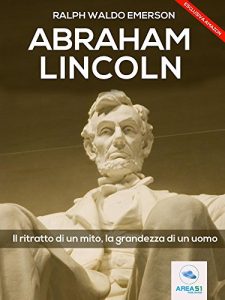In 1845 Ralph Waldo Emerson began a series of lectures and writings in which he limned six figures who embodied the principles and aspirations of a still-young American republic. Emerson offers timeless meditations on the value of individual greatness, reconnecting readers with the everyday virtues of his “Representative Men”: Plato, in whose writings are contained “the culture of nations”; Emanuel Swedenborg, a “rich discoverer” who strove to unite the scientific and spiritual planes; Michel de Montaigne, “the frankest and honestest of all writers”; William Shakespeare, who “wrote the text of modern life”; Napoleon Bonaparte, who had the “virtues and vices” of common men writ large; and Johann Wolfgang von Goethe, who “in conversation, in calamity…finds new materials.”
Representative Men, Illustrated (English Edition)
Sobre
Talvez você seja redirecionado para outro site












